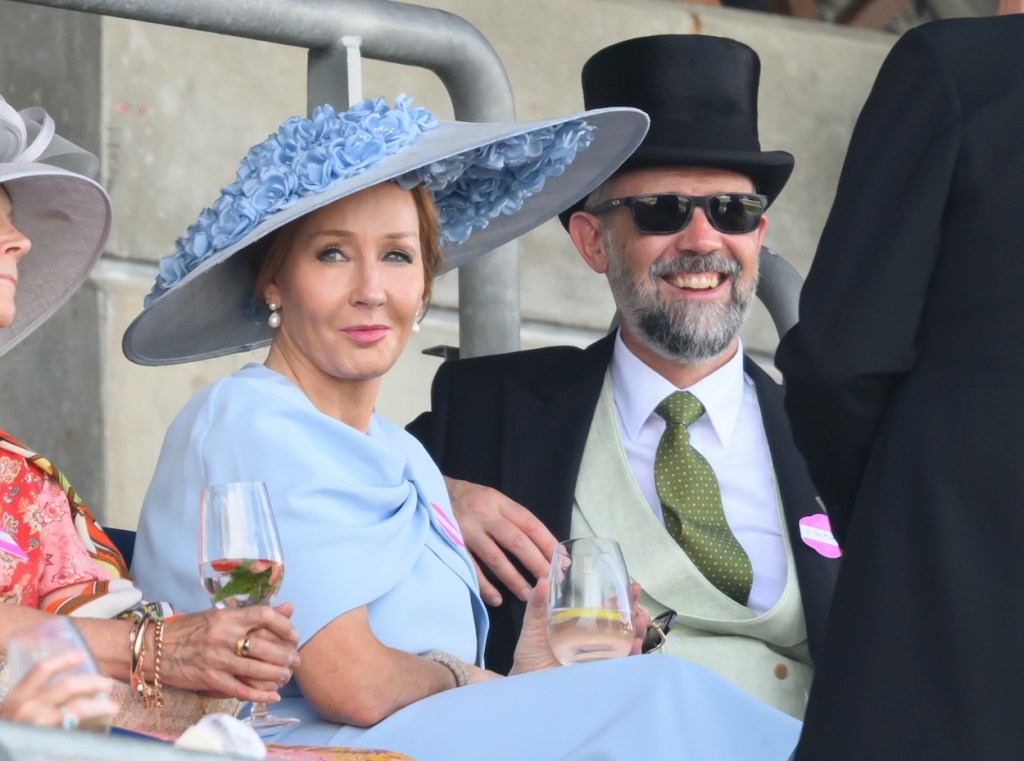I was born in the final years of the baby boom. To my generation of children, a social network was our mothers gossiping over the back fence or at the shops.
Parents cannot contract out their responsibilities to government
But, thanks to a miracle of nature and science, I’m also a father later in life, blessed with a five-year-old daughter, Elizabeth, who is happy, intelligent, and learning fast and precociously about the world around her. She is also, however, happy to be glued to a screen, and can find her way around an iPad and YouTube on my phone. Whether I want her to or not, it won’t be all that long before my daughter discovers social media, especially Instagram and TikTok. She already knows about the internet, and that there is a whole online world out there.
My wife and I are very worried about the cyber world that will soon surround Elizabeth, and how it can become an inexorable and inescapable influence on her life. We see teenage children of friends whose waking hours are utterly captured by social media, and who rarely leave their bedrooms. Some of them clearly are so deeply captured that they’re addicted, and their development as young people in the real world is being stunted by their prolonged residence online.
Governments and politicians around the world, including in Britain, share parents’ concerns about the impact of social media on our children, and the dangers of what their young, impressionable minds are exposed to online. That includes the risks of cyber-bullying, and the dangerous effects it can have on a child’s mental health.
In Australia this week, the national government has announced that it will take action, spurred on by the state of South Australia deciding to ban access to social media for children under 14, and to penalise carriers like Meta and TikTok for allowing ‘underage’ children to use their platforms.
This week, Australian prime minister Anthony Albanese asserted that a social media ban can only work at the national level and that, after consultation, it will legislate to mandate a minimum social media age, likely to be 16. Like South Australia’s proposal, the government will hold tech platforms to account for Australian children’s access.
‘This is all about supporting parents and protecting children’, Albanese wrote in a comment piece for Australia’s News Corp newspapers, which have been running a social media ban campaign for months. He said:
‘There’s no going back to a world without technology and the internet has given all of us access to a world of knowledge and culture that can be such a force for good.
But, too often, social media isn’t social at all. Instead, it’s used as a weapon for bullies, a platform for peer pressure, a driver of anxiety, a vehicle for scammers and, worst of all, a tool for online predators.’
The support for this measure crosses party lines. Conservative opposition leader Peter Dutton has for months been agitating for such a ban, especially since the stabbing of an Armenian bishop by a teenager, allegedly influenced by extremist preachers on social media.
There’s no question that both Albanese and Dutton commendably are sensitive to the concerns of parents like me, and our fears that our children risk losing their innocence and childhoods to the dark side of social media. In that, it is a genuinely well-meaning measure.
Yet, something jars about the whole plan. How can governments like Australia’s actually enforce a ban, not only on the platforms but on the children themselves? There’s talk of age verification to prove a child is of the minimum age, but surely Albanese and Dutton can recall their own youths, when underage teenagers had the ingenuity to create false IDs to blag their way into pubs, and buy booze from off-licences?
Some would argue that online software now can scan a person’s face and determine what age he is. But is that an absolute guarantee, and couldn’t a child get around this, say by persuading an older ‘accomplice’ to be their face? You don’t have to be an online tech expert to see implementing a social media age ban inevitably will be full of holes, and almost impossible to enforce.
Well-meaning it may be, but a ban like Albanese’s simply won’t work. Nor, however, will the dangers to children online disappear.
Surely it would be better for governments like Australia’s and Britain’s to work with tech platforms to protect children from online content that is dangerous for them and their well-being. But if we accept, as we must, that we can’t shield our children from the worst the online world has in store for them, we parents have an obligation to supervise our children’s social media activity to the best of our ability and, backed by their teachers at school and other trusted adult figures, to educate them on the risks of being online – particularly of bullying and cyber predators – and how to deal with them.
Parents cannot contract out their responsibilities to government. Our children, like my little Elizabeth, live in a connected world that, when we were their age, was as fanciful as a Jules Verne novel. As much as we want to, however, we can’t avoid that world, nor our duty to our children to help them survive it. It’s our job though to help them get off those demon devices, and as prime minister Albanese said this week, encourage them to play football, go swimming, and enjoy every real-world aspect of their years of innocence.
It is up to parents, not governments, to do all that we can to protect our children, in both the real and cyber worlds.







Comments